ADHD And Eating Disorders: What is the Connection?
Navigating life with ADHD is an often difficult journey, full of highs and lows as you learn to understand yourself and the ways your ADHD may manifest. Couple ADHD and eating disorders, and we have two conditions develop a complex relationship that often thrive off each other.
The relationship between the two is nuanced, well-researched but still not entirely well understood. ADHD and eating disorders are heavily linked, with people with ADHD having an almost 4 fold increased likelihood of developing an eating disorder (1).
People with ADHD experience all types of eating disorders, and it is not exclusive to any stereotype of age, gender, body weight, shape or size.
ADHD And Eating Disorders: What is the Connection?
ADHD Medication – Great, Right?
What is the Downside?
So – How Do I Manage This?
What Are My Options?
Ultimately – Don’t Let This Fuel Your Eating Disorder
ADHD Medication – Great, Right?
A common treatment for ADHD is stimulant medication – and while this may be an amazing option for many, it can cause some difficulties in people recovering from an eating disorder.
For many, medication can be life changing. It can open your eyes to how much you have been impacted on a daily basis by your ADHD.
With the right medication, you may experience an increased ability to focus, improved attention and an overall improvement of your mental health.
While this may sound amazing, there is a caveat for this.
What is the Downside?
One of the most common symptoms of stimulant medication is a decrease in appetite (2). This can be especially problematic when recovering from an eating disorder.
Depending on where you are in recovery, you may be in the process of learning to respond to hunger and fullness cues. These are sensations that are typically suppressed during the day after taking your ADHD medication.
In eating disorder recovery, having a reduced appetite can have some consequences:
- Fuel your disordered behaviours and thoughts
- Unintentional weight loss
- Disinterest in eating
- Inability to eat intuitively
- Bingeing when the medication ‘wears off’, typically at the end of the day
Get your copy of my free 3 Steps to Stop Cravings eBook here!
So – How Do I Manage This?
There are strategies and practices you can implement to manage this experience, in a way that still prioritises your eating disorder recovery and relationship with food.
Eat Mechanically and Regularly
Rather than relying on the physical cues your body sends, you can learn to eat irrespective of hunger signals.
We get it, this can be hard – physically and mentally. This situation isn’t ideal, and tends to go against what you are trying so hard to work towards in eating disorder recovery.
It’s especially tough as part of the recovery journey is learning to be spontaneous and flexible, but this may be difficult on medication. Adjusting to a new medication, or a new dose can also make this hard – so learning to eat in this mechanical way is often necessary.
Ensuring regularity and adequacy is vital in making progress in your recovery. You don’t want to go backwards and lose any progress you have made.
Adopting this mechanical way of eating may be beneficial short term, and the inhibition of appetite may only occur for you while adjusting to a new medication or dose. There is still room for flexibility, but as a baseline – having regular times for meals and snacks can stop you from slipping back into old patterns.
Set Reminders On Your Phone to Eat
In the absence of physical cues, it can be helpful to set reminders/alarms on your phone to eat in this mechanical and regular pattern.
Sometimes without the physical sensations of hunger, you can forget to eat all together. Setting these reminders is so important to accommodate for the possibility of this.
This ensures you aren’t missing or forgetting meals, which is important in making sure you are meeting your body’s needs.
Medication wears off towards the end of the day, and if you aren’t fuelling adequately throughout the day then you may experience a degree of extreme hunger in the afternoon/night. This may lead to episodes of binge eating, which can cause distress and perpetuate a cycle that doesn’t foster a healthy relationship with food and your body.
Instead of creating this cycle, set those reminders. Make food a non-negotiable, regular ‘thing’ that happens – not to be affected by medication related appetite loss.
Notice Hunger Signals That May Be Mental, Not Physical
Reminder – your stomach doesn’t need to be rumbling to eat.
Mental hunger is just as valid as physical – and without the sensations of physical hunger, the mental side is even more important.
Mental hunger manifests differently in everyone, so learning to identify these signals can be really useful in making sure you aren’t undereating.
Mental hunger may look like:
- Poor mental focus
- Decreased focus
- Thinking about food
- Low energy
- Irritability
- Tiredness
- Cravings for certain foods
- Nausea
- Weakness
Recognising these sensations as indicators of needing to eat may come with time, and even with the support of a dietitian or psychologist. They are so important in continuing to make progress with your recovery, and working on establishing that healthy relationship with your body.
Plan, Plan, Plan – Meal Prep
Do yourself a favour – plan and prepare meals in advance.
It can be difficult to cook and prepare meals when you aren’t hungry. Often the last thing you feel like doing when you aren’t hungry is cooking, and this can quickly become an excuse to miss a meal.
Instead, work on a routine where you might dedicate one day/night a week to prepare meals for the coming week. It is important that these meals be adequate and nourishing, and at the same time – foods you enjoy.
It’s a bonus if you prepare your favourite meals, the foods you love – keeping eating enjoyable and simple.
Meal Prep Isn’t For You?
That is totally fine – meal prep isn’t for everyone!
Some people with ADHD thrive off change. Redundancy and boredom in meals may make food even more unappealing, turning it into a chore.
Instead, opting for convenient, quick to prepare meals can be a great strategy. This can let you have some variety in meals and snacks, while also making it stress-free and easy.
Some options may look like:
- Frozen meals
- Pre-packaged meals
- Weekly meal/recipe delivery services (think hello fresh, marley spoon)
- Air-fryer recipes (super easy, so many delicious options)
- Liquids (smoothies, Up & Go’s)
- One pot/pan recipes
- Grab & go snacks – muesli bars, yoghurt pots, bliss/protein balls
- Keep fruit and vegetables at home
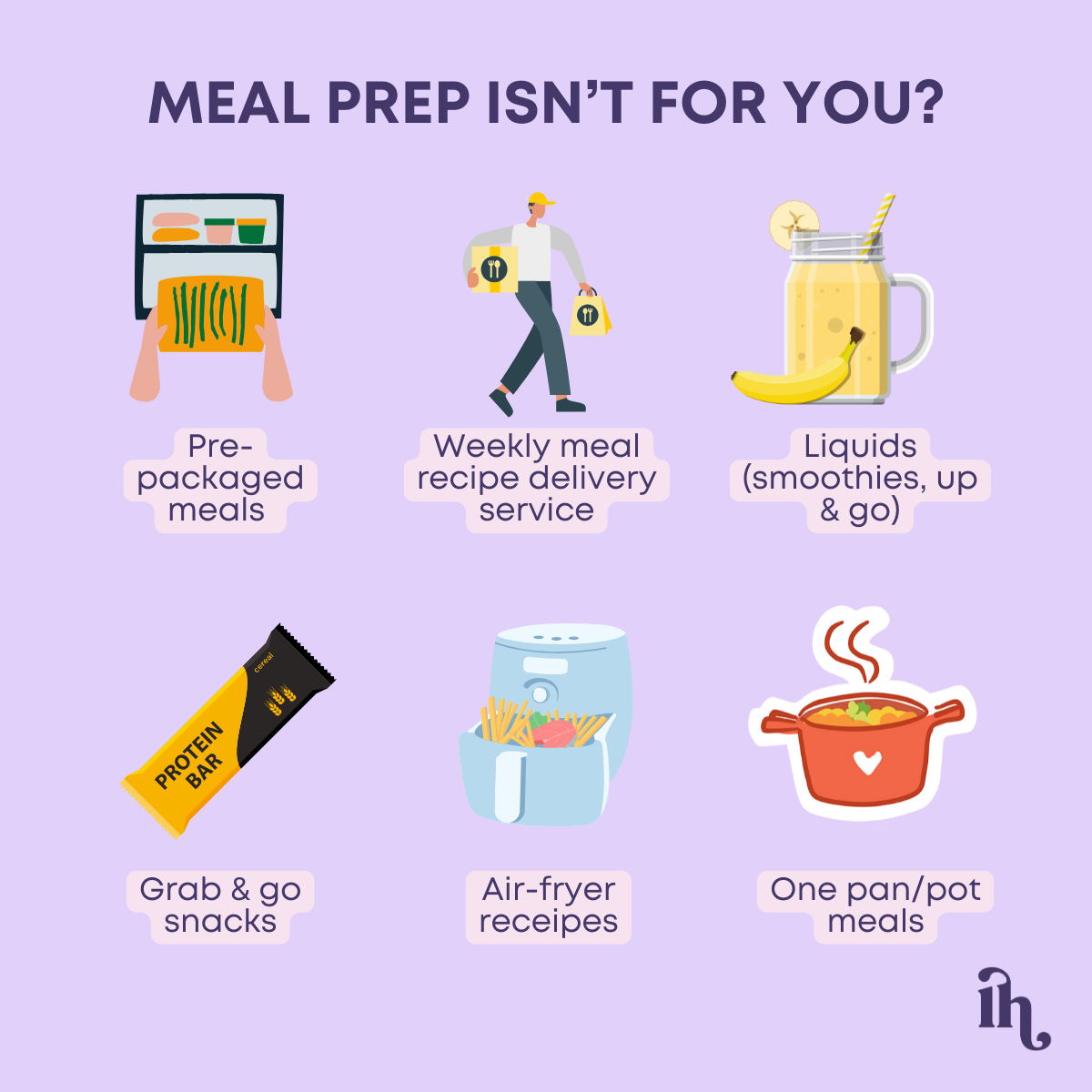
What Are My Options?
If the stimulant medication isn’t quite right for you, there are non-stimulant medications your psychiatrist may offer if suitable.
These medications don’t have the same high prevalence of appetite inhibition, and are really effective for many people.
Medication may not be for you – not everyone with ADHD takes medication. Some people have different strategies and methods of managing ADHD related challenges. Learning what works for you takes trial and error, and it is important to keep yourself safe and nourished during this process.
Ultimately – Don’t Let This Fuel Your Eating Disorder.
ADHD and eating disorders commonly exist together, and this can complicate recovery for a number of reasons. Medications, while they can be greatly beneficial, can create some barriers to recovery.
It’s easy for an absence of appetite and general disinterest in food to trigger some backwards steps in recovery.
It may even fuel your eating disorder – making it easier to justify missing meals and snacks. It is so important to communicate this with your prescribing psychiatrist, to make sure that this medication isn’t going to hinder your progress.
If the absence of appetite is detrimental to your recovery, or fuelling your ED, this is something that needs to be considered, and the benefits weighed up against the negatives.
If you aren’t able to adequately fuel yourself and nourish your body, you may experience symptoms associated with ADHD regardless:
- Fatigue
- Difficulty concentrating
- Short attention span
Inherently – this defeats the purpose of being on this medication in the first place!
Working with a multi-disciplinary, collaborative team is essential in navigating this process, as this looks different for everyone.
Again, there are so many options for ADHD treatment. Not every medication causes a decreased appetite in everyone – so it may be trial and error until you get to that place.
Until then, focus on implementing the strategies mentioned – and communicate with your prescribing doctor and treatment team.
Written by: Student Dietitian Tara Finn
Reviewed by: Imbodi Health Dietitian Jade Wrigley
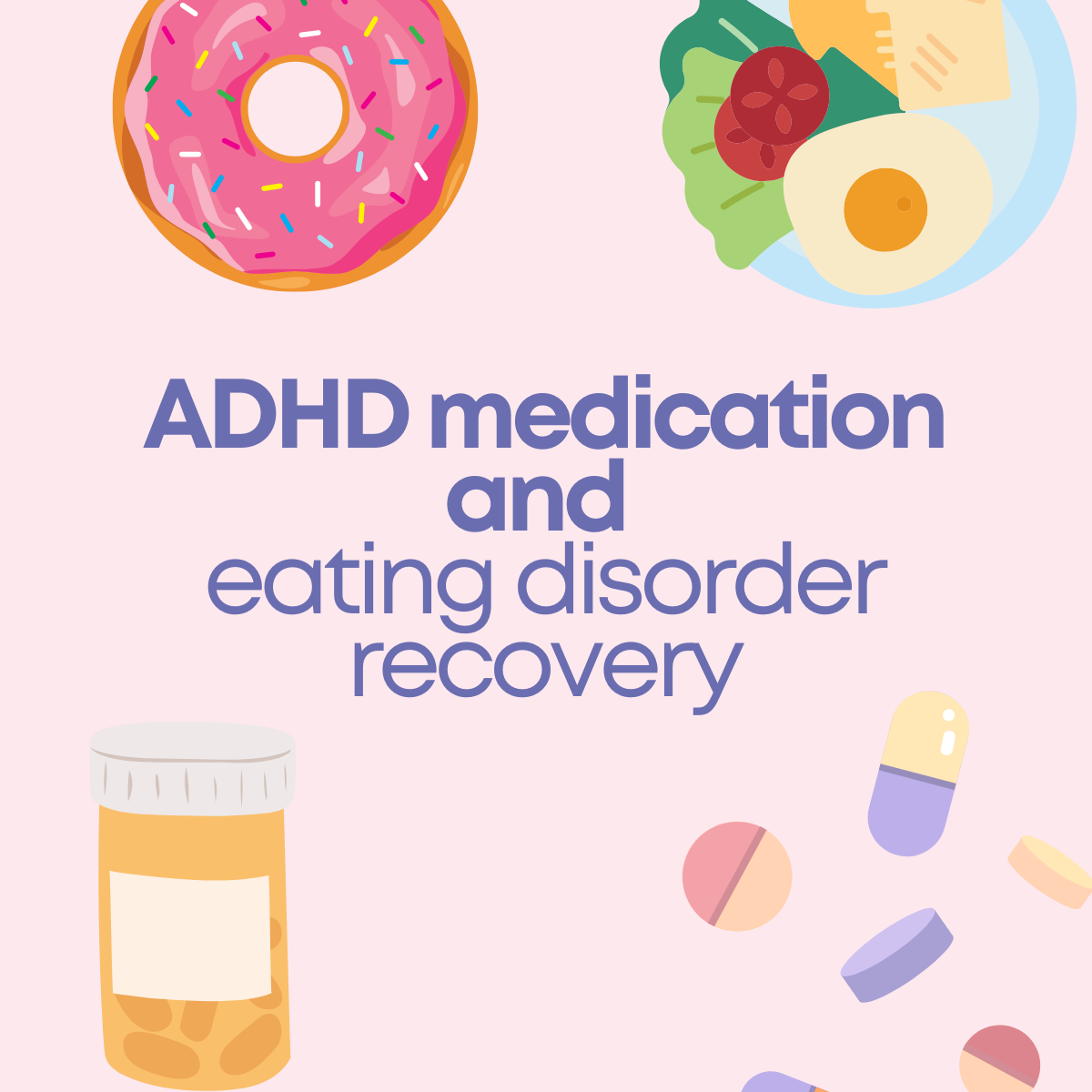
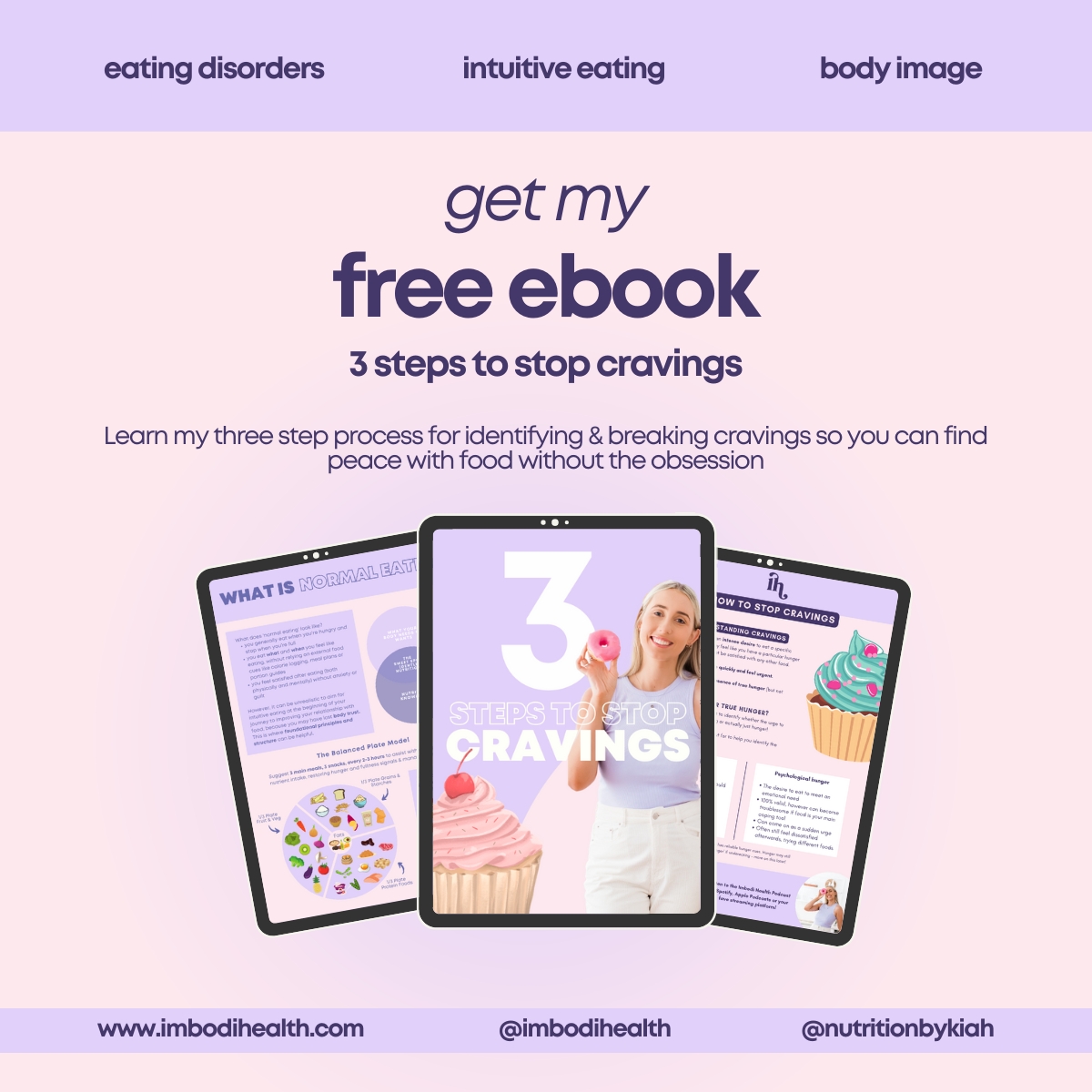
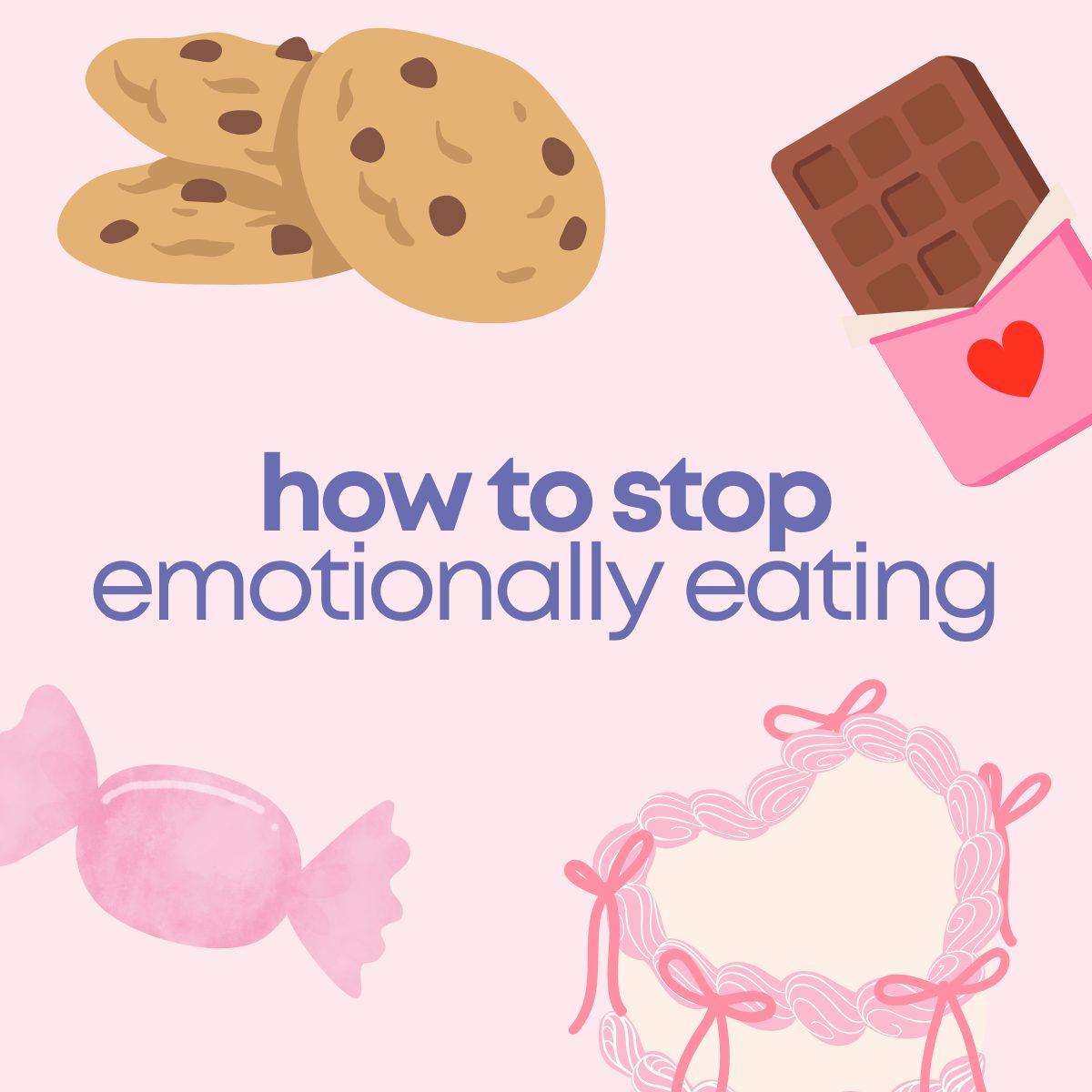
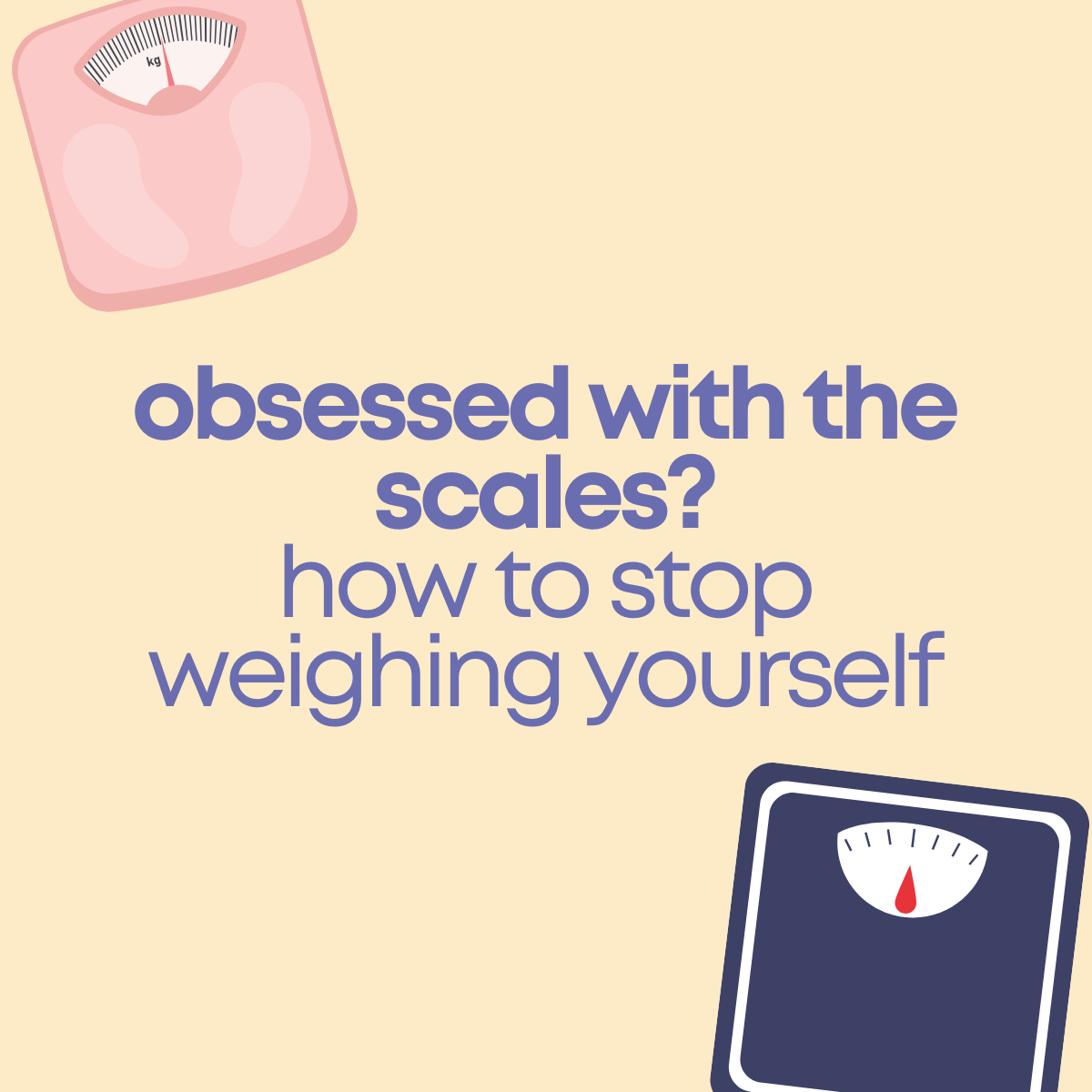
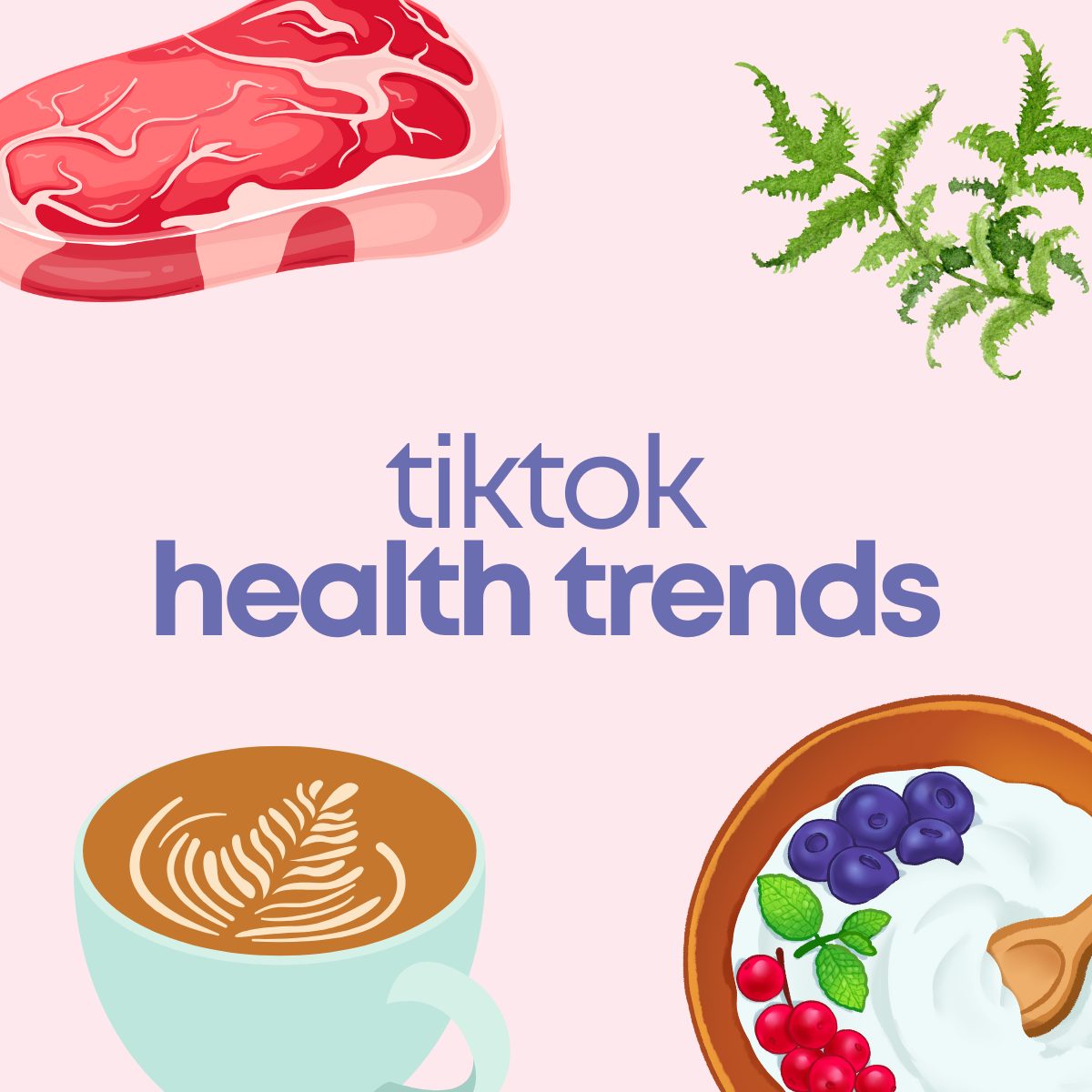
Comments +